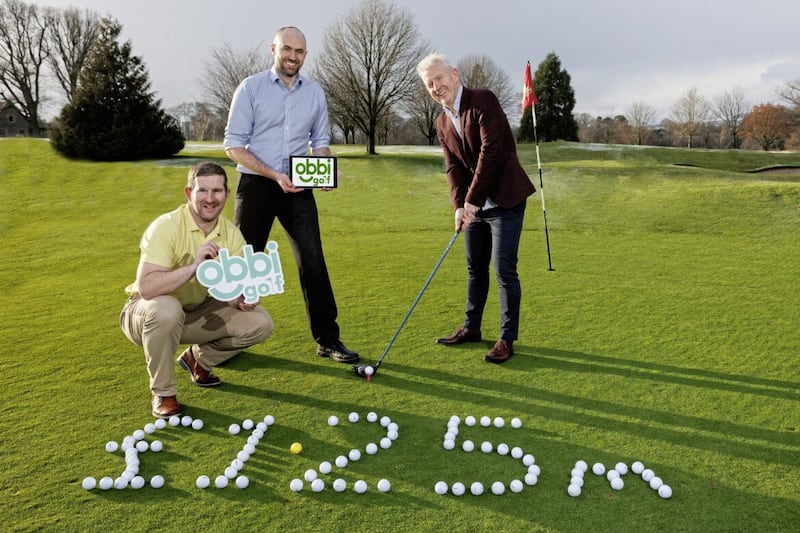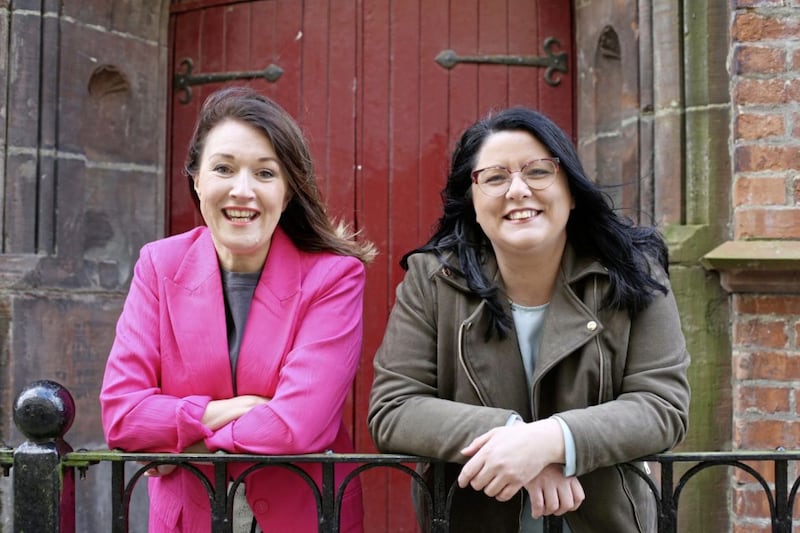GLOBAL Entrepreneurship Week (GEW) this month is the world’s biggest celebration of entrepreneurship, with over 35,000 events taking place in more than 160 countries.
So, it's perhaps a useful juncture to reflect on entrepreneurship in this part of the world, not least as the EY Entrepreneur of the Year (Ireland) 2017 was announced last week.
The latest Global Entrepreneurship Monitor (2016) gives us some insight into what is going on globally, nationally and internationally in relation to entrepreneurship. Some specifics about Northern Ireland are included within figures for the UK.
On the positive side, total early-stage Entrepreneurial Activity (TEA) in the UK in 2016, at 8.8 per cent, was significantly higher than in 2015, and exceeded the previous long-run rate of around 6 percent. The TEA rate in the UK also compares favourably to France (5.3 per cent) and Germany (4.6 per cent).
The rate in Northern Ireland though, at 6.3 per cent, was significantly lower than in England and the UK average (England was 9.2 per cent, Wales 7.6 per cent and Scotland 7.3 per cent). Northern Ireland, along with Wales, also had significantly lower rates of intentions to start a business than in England and the UK.
More encouragingly, people in Northern Ireland were more likely to think that those successful at starting a business have a high level of status and respect in society. They were also much more likely than those elsewhere in the UK to say that they often see stories about people starting successful new businesses in the media. This is good news.
However, there are a number of concerning findings emerging from the research done for the monitor about attitudes to entrepreneurship in Northern Ireland.
People in Northern Ireland were less likely than average to say that they know someone who has started a business in the last two years and less likely to think that there are good start-up opportunities where they live in the next six months.
Of most concern, of those who did feel there were opportunities, a much higher proportion in Northern Ireland felt that a fear of failure would prevent them from starting a business.
This has perhaps been one of the biggest barriers to growing entrepreneurship in Northern Ireland – a fear of failure. But I think there is reason to believe that this will continue to change. My view is that there is some great activity happening now, with many start-up and growth accelerators (there are some great role-models like Brendan Mooney of Kainos who won EY Entrepreneur of the Year 2016).
In Northern Ireland, in addition to some great role models, we are also have a growing culture of female entrepreneurship which should stand us in good stead. Women’s entrepreneurship is on the rise globally - in the past year, 163 million women were starting businesses across 74 economies worldwide, while 111 million were running established businesses - and in Northern Ireland, the statistics are positive too.
Northern Ireland actually had the highest female-to-male entrepreneurial activity ratio in the UK in 2016 at 62 per cent. The gap between male and female rates has narrowed on previous years in part due to a higher rate of female entrepreneurship. What we want to see is the entrepreneurial activity rates for both males and females to rise in the years ahead.
So, as we move towards Global Entrepreneurship Week, let’s use it as an opportunity to encourage more people in Northern Ireland to be entrepreneurs.
I can fully advocate it as a career choice, and I have absolutely no doubt that our economy and society would be a much more vibrant and prosperous place if more people from a wide range of backgrounds were encouraged to take the step.
:: Patrick McAliskey is managing director Novosco, an indigenous managed cloud company with offices in Belfast, Dublin, Cheshire and Cork. It employs over 150 people and works for leading organisations across the UK and Ireland, including many of Northern Ireland’s top companies, UK health trusts, councils and other organisations








